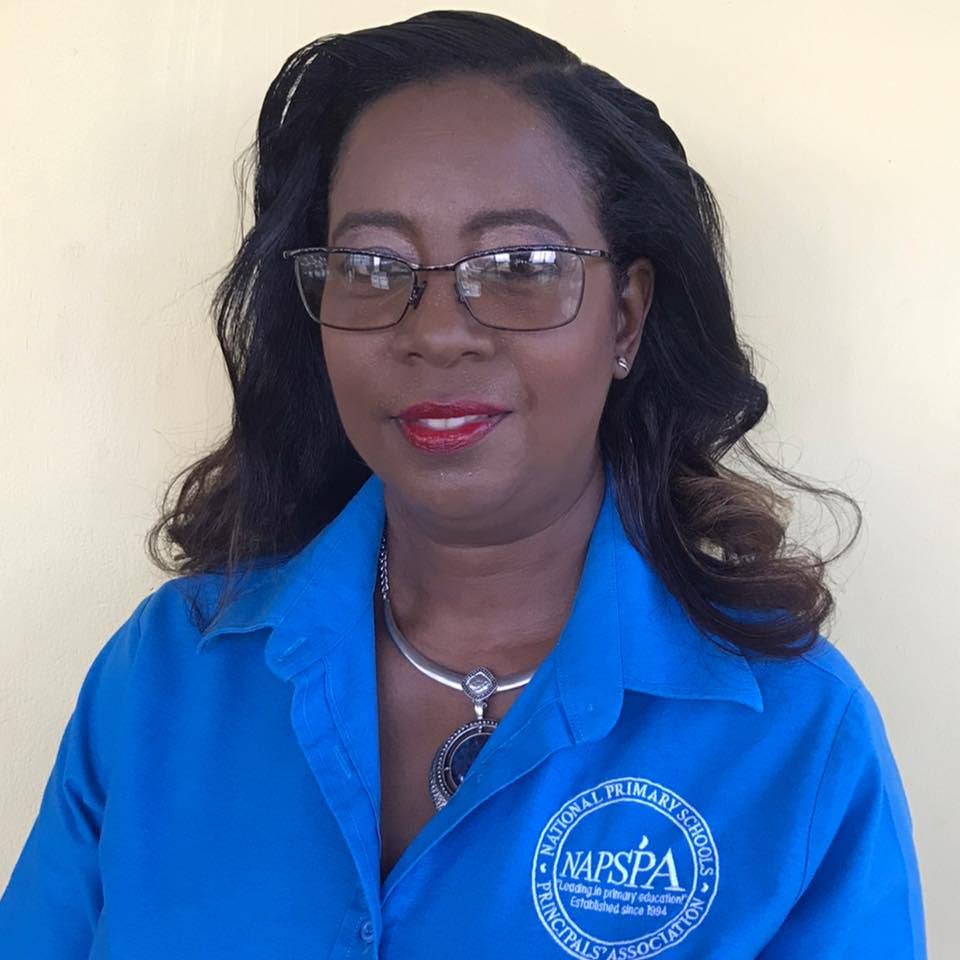Primary school association favours parental responsibility for their juvenile crimes

PRESIDENT of the National Primary Schools Principals' Association (NAPSPA) Carlene Hayes agrees with the measure proffered by Professor Selwyn Cudjoe to hold parents responsible for crimes committed by their juvenile children as a deterrent to the crime scourge.
Haynes noted that while she presented a similar position at a 2023 national conference on treating crime as a public health issue, her association has not yet fully discussed the matter or formed a policy decision.
“But in terms of being in the capacity as a principal, I say yes. We are seeing more and more acts of violence in our schools and parents need to be held accountable for some of the things that are happening with their children.
“When you do further investigations, sometimes these children are more or less being raised by themselves.”
Over the past few days, several students were attacked and severely wounded by their peers.
Hayes, who is the principal of Caratal RC School, said this is a situation most schools are grappling with.
“We are seeing more and more incidents than we have ever seen before, and the pandemic worsened it.”
She clarified that conclusion by pointing out that during covid19 when children were being schooled online and at home, they were without proper supervision as parents had to go to work.
“So, it really has taken a negative effect on what is happening with some of the student behaviours we are seeing.”
Cudjoe, who spoke on the UNC’s anti-crime platform last Monday, referenced a case in Michigan, USA, where parents were arrested and charged, in conjunction with their son who was involved in a deadly school shooting, because they gifted him the gun used in the killing of four people.
He suggested a similar measure be adopted by the Trinidad and Tobago Government given the youthful ages of offenders.
While Government has not spoken to any legislation regarding this issue, Hayes recalled the Prime Minister’s declaration of crime being a public health issue and a conference she attended to present on the matter.
Hayes recalled speaking to the minuscule fines imposed on parents found guilty of abandoning or not sending their children to school.
“Police do not bother charging parents because after taking them to court, the fine is a measly $300.”
She revealed a case when a parent abandoned her two sons and has not been found since.
Hayes advocated for “some sort of positive support system for parents, and to help them understand that they created these children, brought them in this world, so it is your duty, not theirs, to pay their way into the world.”
She gave incidents of deviant behaviours and refusal of parents to come to the school when principals called.
“They block your number when you call. If you call back, they steups and hang up before asking, ‘What you bothering me again for’ but when they get home, they telegraph to the child that the principal miserable or the teachers miserable, and reward the deviant child with KFC or a new sneakers.
“That is what principals face daily.
“There is a situation where a five-year-old First Year student is terrorising a certain school. The principal had to seek the help of the police because the parents said they cannot control him.
“That is where we reach and if we don’t try our best to address this issue, and I am not the kind of sky is falling person, but it is only going to get worse.”
She said student support services and counselling can only do little without parental support.
“That is a home/school relationship,” she asserted.
President of the National Parent Teacher Association (NPTA) Walter Stewart, commenting on the issue, said closer to home, Antigua is also looking at similar legislation.
“While the issue of parents being held accountable for their child’s deviant behaviour is a complex one if, after careful assessment and investigation of the matter, the parents are found wanting and culpable, then certainly they must be held responsible.
“NPTA continues to advocate for a national parenting program to assist our parents in best practice parenting skills. Some parents have not been guided on how to parent and, as such, struggle with training their children. Such parenting programs could provide parents with tools and mechanisms necessary for raising their charges,” Stewart said.
President of the Trinidad and Tobago Unified Teachers' Association (TTUTA) Martin Lum Kin said his membership has yet to discuss this situation and form a policy position.
While the crime scourge needs to be confronted, he said he prefers to have the empirical evidence before lending support.
“If Government is to consider this, we want to ensure that the necessary groundwork is done, supporting evidence from the jurisdiction where this is implemented to demonstrate it is a deterrent and would help to carry down the crime rate.
“Before we take a position, we must have all the facts.”

Comments
"Primary school association favours parental responsibility for their juvenile crimes"